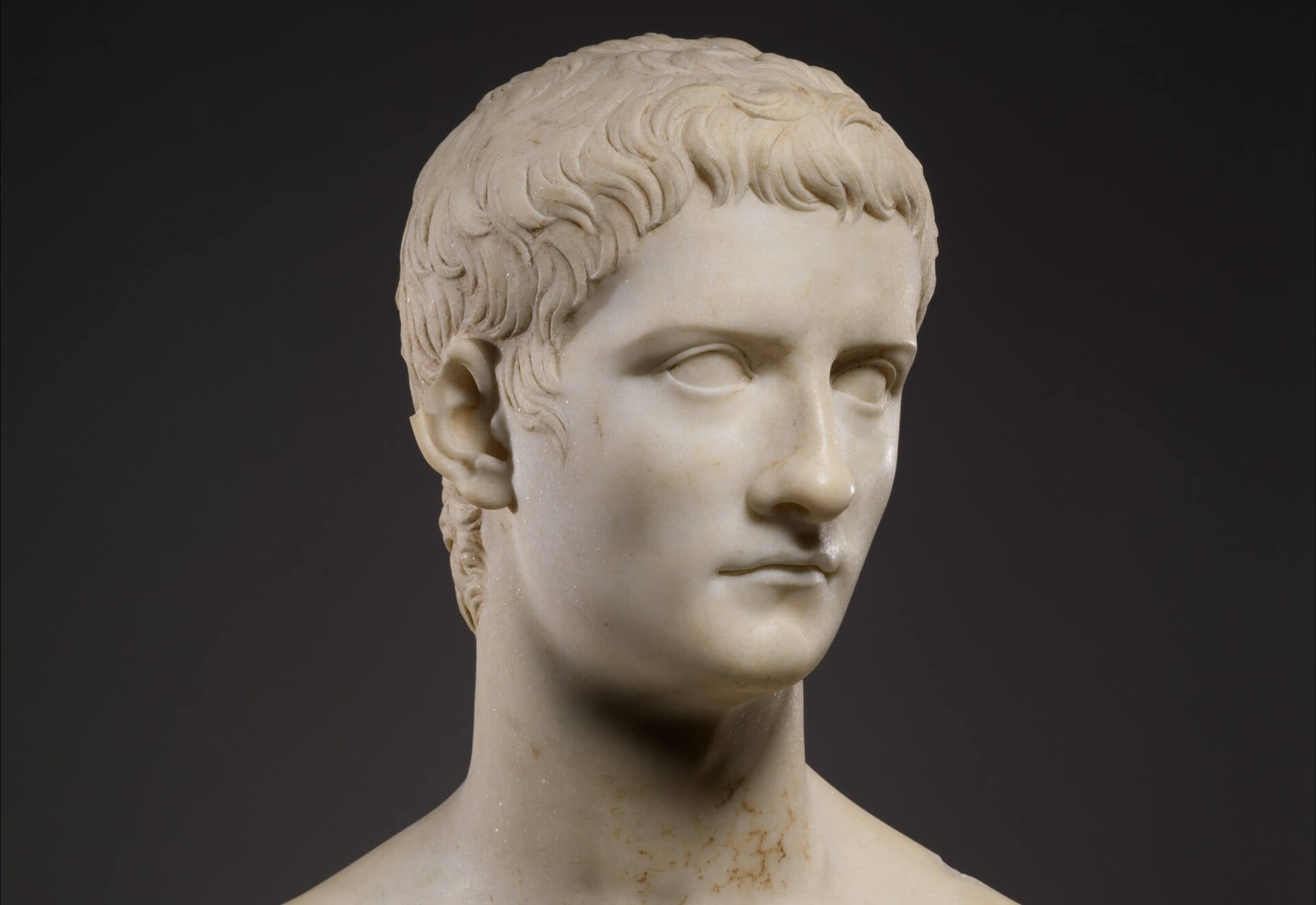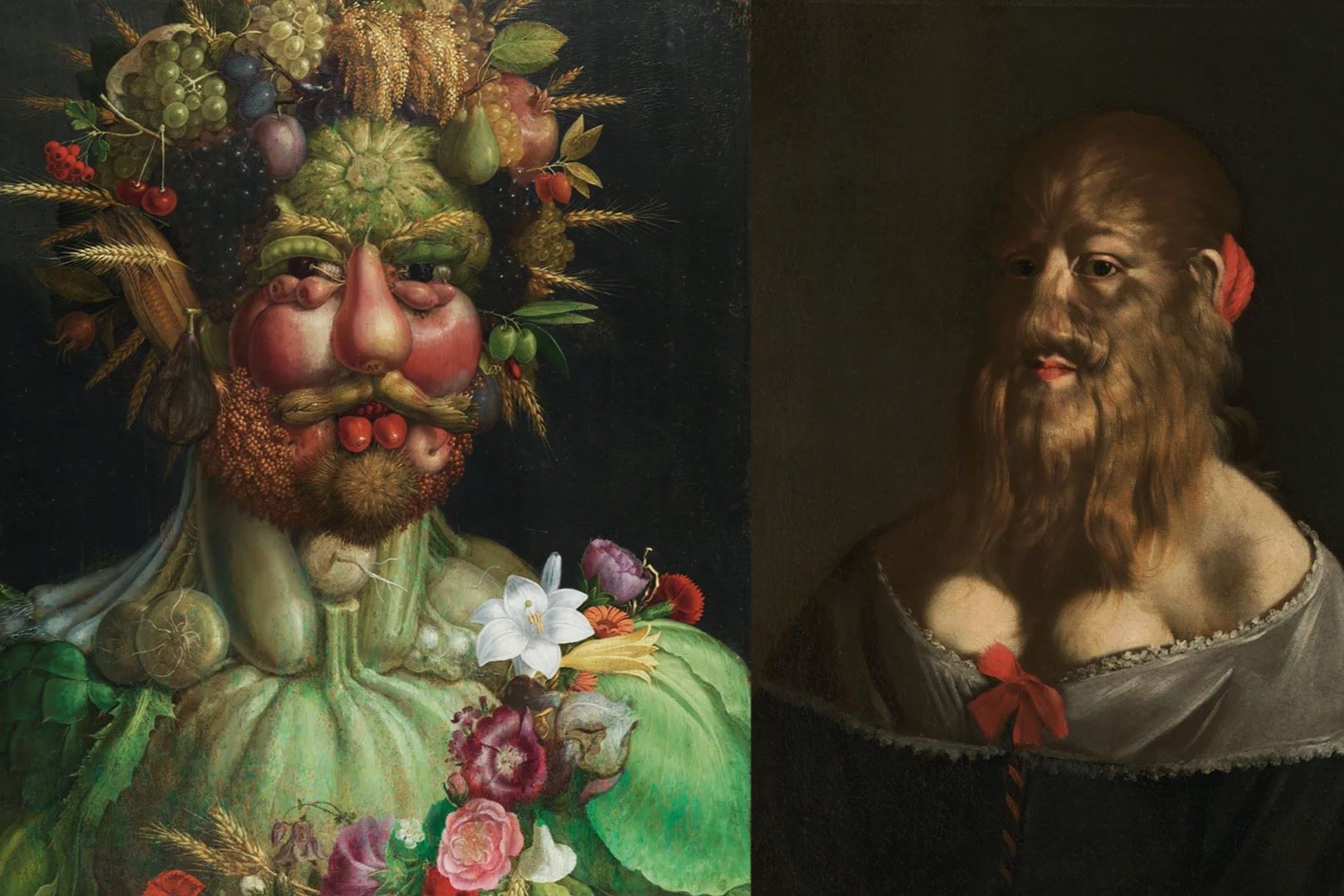
Who was Caligula? Caligula, born Gaius Julius Caesar Augustus Germanicus, was a Roman Emperor known for his eccentric and often cruel behavior. Why is he infamous? His reign from 37 to 41 AD was marked by extravagant spending, bizarre acts, and alleged madness. What made him notorious? Stories of Caligula's tyranny include appointing his horse as a priest, declaring himself a living god, and executing those who displeased him. Why should you care? Understanding Caligula's life offers a glimpse into the complexities of Roman history and the dangers of absolute power. Ready to learn more? Let's dive into 37 intriguing facts about this controversial figure.
Key Takeaways:
- Caligula, the Roman Emperor, was known for his eccentric and cruel behavior, including appointing his horse as a priest and demanding worship as a living god.
- Caligula's reign was marked by bizarre actions, such as ordering the sun not to rise and dressing as various gods, leaving a lasting impact on Roman history.
Caligula's Early Life
Caligula, born Gaius Julius Caesar Augustus Germanicus, was a Roman Emperor known for his eccentric and cruel behavior. His life was filled with fascinating and bizarre events.
- Caligula was born on August 31, 12 AD, in Antium, Italy.
- His father, Germanicus, was a beloved Roman general.
- Caligula's mother, Agrippina the Elder, was the granddaughter of Emperor Augustus.
- He was nicknamed "Caligula," meaning "little boots," by soldiers due to the miniature military boots he wore as a child.
- Caligula had six siblings, but only three survived to adulthood.
- His family faced political turmoil, with his mother and brothers being imprisoned or executed by Emperor Tiberius.
Rise to Power
Caligula's ascent to the throne was marked by a series of strategic moves and fortunate events.
- Caligula became Emperor in 37 AD after the death of Tiberius.
- He was initially popular, granting bonuses to the military and hosting lavish games.
- Caligula restored the treason trials abolished by Tiberius, leading to numerous executions.
- He declared himself a living god, demanding worship from his subjects.
- Caligula's reign saw the construction of two massive ships, the Nemi ships, used for religious ceremonies.
Eccentric Behavior
Caligula's rule is infamous for his bizarre and often cruel actions.
- He appointed his horse, Incitatus, as a priest and planned to make him a consul.
- Caligula reportedly ordered the sun not to rise and threatened to kill it.
- He once commanded his soldiers to collect seashells, claiming they were spoils of war.
- Caligula built a bridge of boats across the Bay of Baiae and rode his horse across it.
- He often dressed as various gods and demigods, including Hercules, Mercury, and Venus.
- Caligula had a habit of executing people on a whim, including senators and wealthy citizens.
Relationships and Family
Caligula's personal life was as tumultuous as his reign.
- He married four times, with his most famous wife being Milonia Caesonia.
- Caligula had a daughter named Julia Drusilla, whom he adored.
- He had an incestuous relationship with his sisters, particularly Drusilla.
- Caligula's sister Drusilla was deified after her death, a rare honor for a woman.
- He forced wealthy families to give him their daughters for his pleasure.
Assassination and Legacy
Caligula's reign came to a violent end, but his legacy lived on in infamy.
- Caligula was assassinated on January 24, 41 AD, by members of the Praetorian Guard.
- His wife Caesonia and daughter Julia Drusilla were also killed shortly after his assassination.
- Caligula's uncle, Claudius, was declared Emperor by the Praetorian Guard following his death.
- His assassination was part of a larger conspiracy involving senators and officers.
- Caligula's reign lasted only four years, but it left a lasting impact on Roman history.
- He was the first Roman Emperor to be assassinated.
- Caligula's death marked the end of the Julio-Claudian dynasty's stability.
Cultural Depictions
Caligula's life has inspired numerous works of art, literature, and film.
- The 1979 film "Caligula," directed by Tinto Brass, is one of the most controversial depictions of his life.
- Caligula appears as a character in Robert Graves' novel "I, Claudius."
- He has been portrayed by actors such as Malcolm McDowell, John Hurt, and Jay Robinson.
- Caligula's life has been the subject of numerous plays, including Albert Camus' "Caligula."
- His reign is often cited as an example of absolute power corrupting absolutely.
Miscellaneous Facts
Some lesser-known but intriguing facts about Caligula add depth to his complex character.
- Caligula suffered from epilepsy, which may have influenced his erratic behavior.
- He was known for his extravagant spending, depleting the Roman treasury.
- Caligula's name became synonymous with cruelty and madness, influencing the portrayal of tyrants in popular culture.
Final Glimpse at Caligula
Caligula's reign, though brief, left a lasting mark on Roman history. His eccentric behavior, lavish spending, and ruthless actions have fascinated historians for centuries. Despite the controversies, his rule offers a glimpse into the complexities of Roman politics and the dangers of absolute power. Caligula's life serves as a reminder of how quickly power can corrupt and how history remembers those who wield it unwisely. His story, filled with intrigue and drama, continues to captivate and educate. By examining his life, we gain insights into the darker aspects of human nature and the consequences of unchecked authority. Caligula's legacy, though marred by infamy, remains a crucial chapter in the annals of ancient Rome. Understanding his reign helps us appreciate the delicate balance required to govern effectively and the perils that come with absolute rule.
Frequently Asked Questions
Was this page helpful?
Our commitment to delivering trustworthy and engaging content is at the heart of what we do. Each fact on our site is contributed by real users like you, bringing a wealth of diverse insights and information. To ensure the highest standards of accuracy and reliability, our dedicated editors meticulously review each submission. This process guarantees that the facts we share are not only fascinating but also credible. Trust in our commitment to quality and authenticity as you explore and learn with us.


